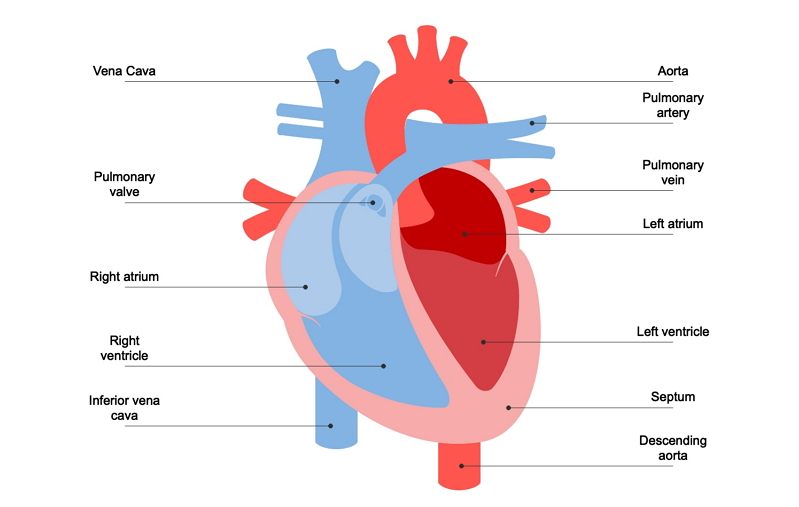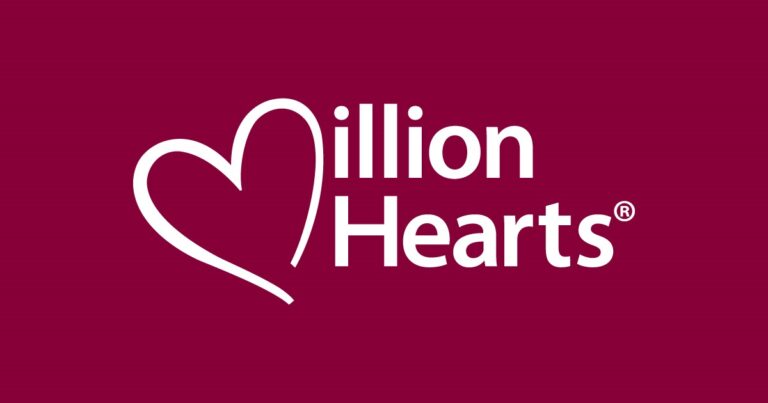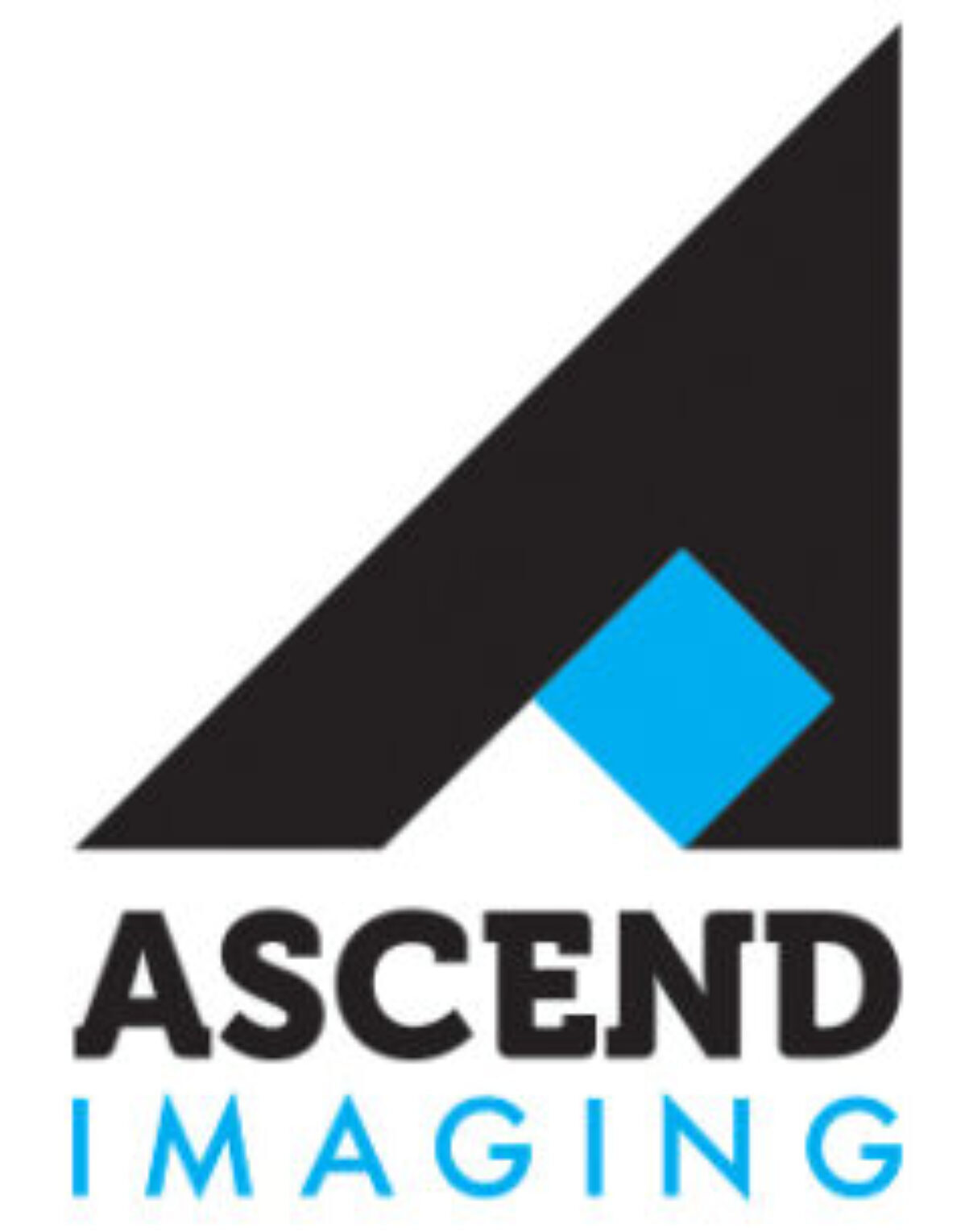
An Ounce of Prevention: Knowing Can Be Lifesaving
- || Tags: CAD, Cardiac Care, CDC, Heart, Prevention, Stroke
Nothing kills more Americans every year than cardiovascular disease and stroke. More than 868,000 Americans die annually from heart disease and related ailments, which has been the leading cause of death in the United States for as long as the Centers for Disease Control and Prevention have tracked causes of mortality.
That staggering number translates into one person dying every 36 seconds in the United States from cardiovascular disease, according to the CDC’s statistics, and that need not be the case. Taking control of your heart health, including living a healthy lifestyle, also means assessing the condition of your heart and the circulatory system.
Coronary disease is the most common type of heart disease, killing 360,900 people in 2019, according to the CDC, but other coronary-related medical events like heart attack, stroke, and abdominal aortic aneurysm can potentially be discovered before they happen; knowing makes the difference.
In many cases, a myocardial infarction, or heart attack, is the first sign you’ll get of heart disease, which is referred to as the “silent killer” because it rarely displays symptoms beforehand.

- Family history;
- Age;
- Gender;
- Weight;
- Blood pressure;
- High cholesterol;
- Diabetes, and;
- Whether you currently, or previously had been, a smoker.
Another interesting factor, while not clearly understood but relevant to Michiganders, is that residents in the Midwest lead the nation, by region, in heart disease according to CDC statistics.
Preventive vs. Diagnostic Care
Preventive care includes screenings, lab tests, immunizations and other services intended to prevent illness or detect problems before you notice any symptoms. The right preventive care at the right time can help you stay well — and could save your life.
Diagnostic care is an after-the-fact component of treatment, given to diagnose or treat symptoms you already have. Preventive care is frequently received during a routine physical. Diagnostic care may result if a preventive screening detects abnormal results.
The line between types of care can sometimes be blurred, with the same procedure being employed differently, depending on the situation, but Ascend Imaging’s scanning procedures and new partnership with Colorado-based Cleerly offer clients the most advanced technologies on the market, at affordable prices, to gauge your heart health.
To learn about our variety of scans, please see our service offerings.
The axiom about an ounce of prevention is worth a pound of cure is more true now than ever, with health care costs continuing to rise; we make prevention affordable and our pricing is transparent: see for yourself.
As we grapple with year two of COVID-19, we can’t forget our health requires more than just vaccines and masks. The CDC has recently launched a new campaign reminding clinicians and patients alike to make cardiovascular health a priority, especially during the pandemic.

The “Start Small. Live Big.” campaign encourages adults, particularly those age 55 and older, to get back on track with small, proactive, and preventative steps — like scheduling medical appointments, getting active, and eating healthy — so we can all get back to living big.
Learn more about the CDC’s new campaign at HeartHealthySteps.org and contact us today for more information and to schedule the preventative screening that is right for you.

